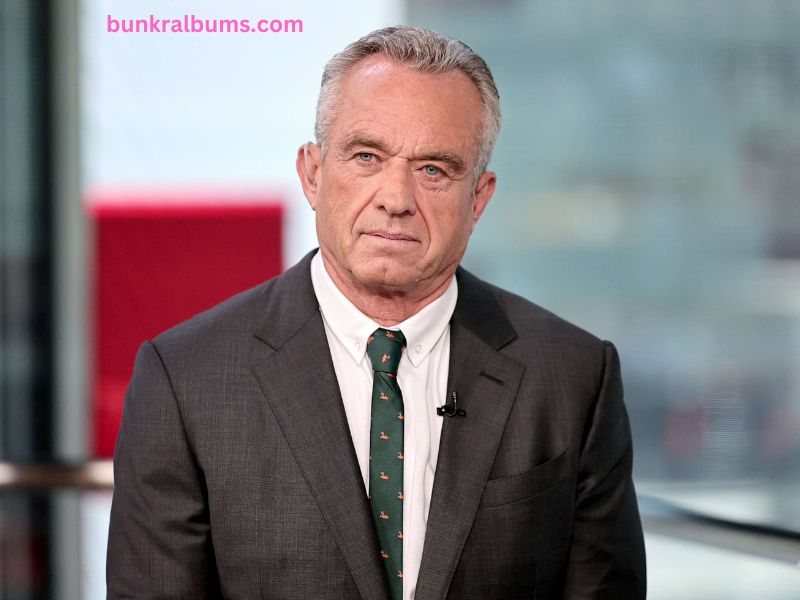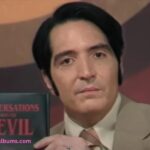John F. Kennedy Jr., often simply known as JFK Jr., is a figure whose life and legacy have captivated the American public for decades. As the son of President John F. Kennedy, JFK Jr. was born into a world of extraordinary privilege and scrutiny. His life was marked by a blend of public adoration and private struggles, culminating in a tragic end that left an indelible mark on the national consciousness. This article delves into the life, achievements, and enduring legacy of John F. Kennedy Jr., exploring his role as a cultural icon, his career endeavors, and the impact of his untimely death.
Early Life and Family Background
John Fitzgerald Kennedy Jr. was born on November 25, 1960, at New York’s Lenox Hill Hospital, to President John F. Kennedy and Jacqueline Kennedy Onassis. His birth came during a time of great political and social upheaval in the United States. His father, a charismatic leader, had recently been elected the 35th President of the United States, and his family was thrust into the limelight from the moment he entered the world.
JFK Jr. was just two years old when his father was assassinated in Dallas, Texas, on November 22, 1963. The tragic event thrust the young Kennedy family into the international spotlight, forever altering their lives. His mother, Jacqueline Kennedy, became a symbol of grace and resilience, and she played a crucial role in shielding her children from the intense media scrutiny that followed.
Education and Early Career
Despite the challenges of growing up in the shadow of his father’s legacy, JFK Jr. pursued a path of his own. He attended the prestigious Brown University, where he studied history and graduated in 1983. After college, JFK Jr. enrolled in the Georgetown University Law Center. His time at law school was marked by a commitment to public service, and he ultimately earned his law degree in 1989.
Following his graduation, JFK Jr. embarked on a legal career. He worked as an assistant district attorney in Manhattan, focusing on criminal prosecution. This role allowed him to contribute to the justice system and address issues he was passionate about. His work was well-regarded, and he demonstrated a strong sense of responsibility and dedication to his profession.
The Launch of George Magazine
In 1995, JFK Jr. took a significant step in his career by co-founding George, a political magazine that combined serious journalism with a sense of humor and style. The magazine aimed to provide a fresh perspective on politics and current events, appealing to a younger and more diverse audience. It was a daring move, and George quickly became known for its innovative approach to political reporting and its high-profile interviews.
JFK Jr.’s vision for the magazine was to engage readers in a new way, making politics accessible and engaging. Under his leadership, George featured a mix of political commentary, celebrity interviews, and cultural analysis. The magazine’s success was a testament to JFK Jr.’s ability to bridge the gap between the worlds of politics and popular culture.
Personal Life and Public Image
John F. Kennedy Jr.’s personal life was often in the public eye, and his relationships were the subject of intense media scrutiny. In 1996, he married Carolyn Bessette, a public relations executive. The couple’s wedding was a highly anticipated event, and their life together was closely followed by the media. JFK Jr. and Bessette appeared to be a perfect match, and their relationship was often described as a modern fairy tale.
However, their marriage was not without its challenges. The pressures of public life and media attention took a toll on their relationship. Despite these difficulties, JFK Jr. and Bessette were known for their commitment to each other and their shared interests. They often attended social events together and were seen as a glamorous and influential couple.
Tragic End and Legacy
On July 16, 1999, John F. Kennedy Jr. and his wife, Carolyn Bessette, along with her sister Lauren Bessette, were tragically killed in a plane crash off the coast of Massachusetts. The small aircraft they were piloting went down in the Atlantic Ocean, and the bodies were recovered days later. The news of their deaths shocked the nation and led to an outpouring of grief from people around the world.
The circumstances surrounding the crash were the subject of extensive investigation. While the exact cause remains debated, the official conclusion was that pilot error and challenging weather conditions played a role in the tragedy. JFK Jr.’s death marked the end of a chapter in American history, and his passing was deeply felt by those who admired him and his contributions.
Impact on American Culture
John F. Kennedy Jr.’s impact on American culture extends beyond his achievements and public persona. He was seen as a symbol of hope, youth, and idealism. His charm and charisma endeared him to many, and his efforts to bring a fresh perspective to politics through George magazine resonated with a generation seeking change.
In the years following his death, JFK Jr. has been remembered as a figure who represented the best of American values. His commitment to public service, his innovative approach to media, and his enduring legacy as the son of one of the nation’s most revered presidents continue to inspire and captivate people. The Kennedy name remains synonymous with a vision of public service and dedication to the common good, and JFK Jr. is a vital part of that legacy.
Conclusion
John F. Kennedy Jr. was a man whose life was defined by both extraordinary privilege and profound personal challenges. His contributions to public life, his innovative ventures, and his enduring legacy make him a figure of lasting significance. JFK Jr.’s story is one of ambition, achievement, and tragedy, and his impact on American culture and history remains a poignant reminder of the complexities of living in the public eye.
As we reflect on the life and legacy of John F. Kennedy Jr., we remember him not only as the son of a president but as a person who sought to make a difference in his own right. His story is a testament to the enduring influence of the Kennedy family and a reminder of the fleeting nature of life. JFK Jr. will forever be remembered as a symbol of a bygone era and a cherished figure in American history.







